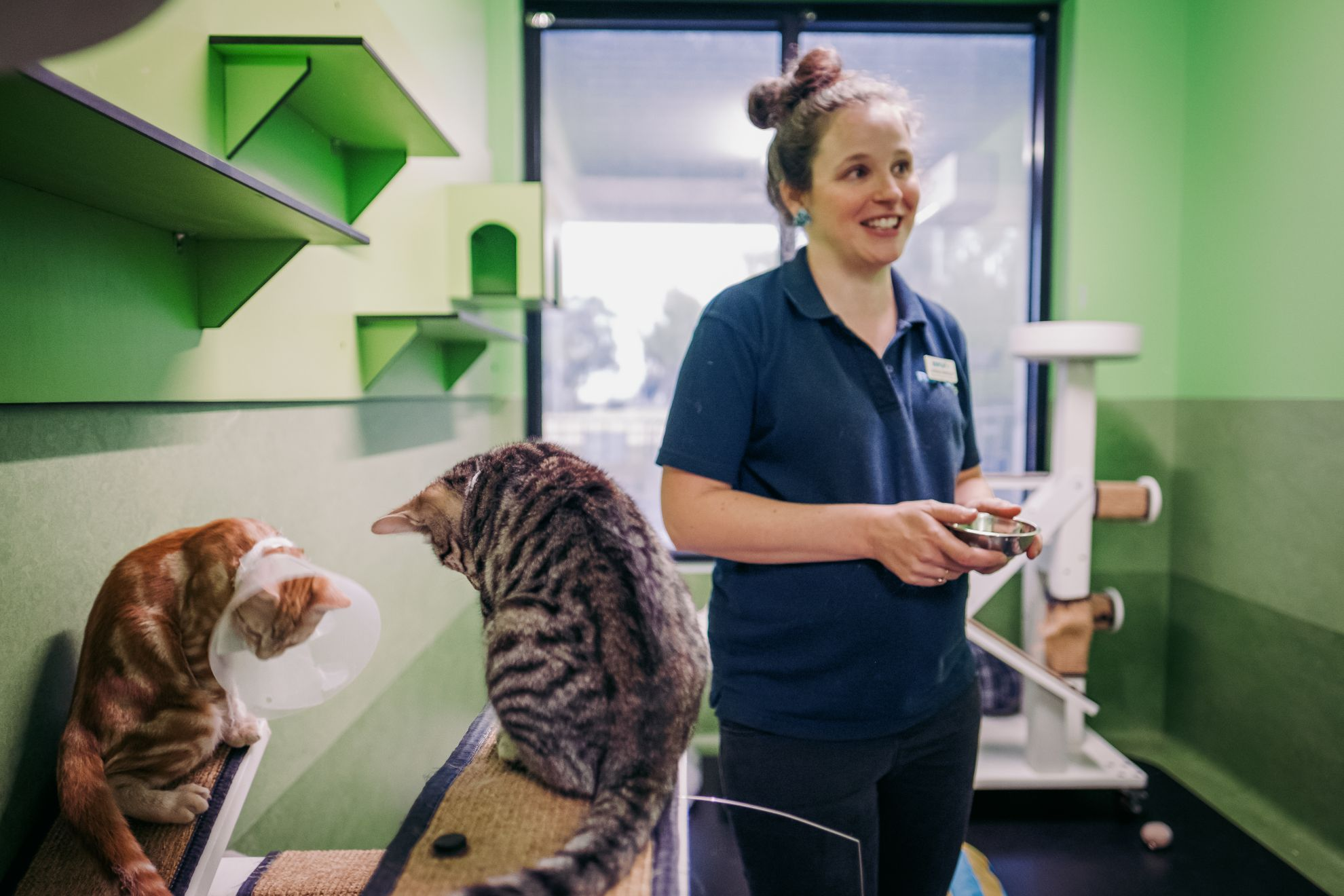Over 18,000 Vulnerable Kittens in RSPCA Shelters
Article

Every kitten season, from spring to autumn, cat and kitten intake increases eight-fold with 18,000 kittens requiring urgent care in RSPCA shelters across the country.
As this kitten season kicks on, orphaned kittens and nursing mothers continue to be dropped off at RSPCA shelters dirty, hungry, and covered in fleas. Many of these kittens are too young, underweight, and fragile to be adopted out to Australian families straight away. They first require crucial veterinary treatment and ongoing care to ensure their health and wellbeing.
RSPCA staff and volunteer foster carers are needed to provide life-saving care, including round-the-clock feeding, assistance with toileting, treatment of parasites, and multiple routine vet checks and individual treatment plans to manage specific health conditions.
The RSPCA’s mission is to ensure these kittens survive, remain healthy, grow well, and can ultimately be placed in new homes once they are healthy and old enough to be made available for adoption.
Unwanted and unplanned pregnancies in cats is a major issue contributing to the influx of homeless and sick cats and kittens in shelters each year. Cats are highly prolific breeders, with female cats capable of having two to three litters each season, resulting in up to 15 kittens each year. When those kittens reach reproductive age (which is just four months old) they only add to the problem. A cat and her kittens can have up to 225 cats in two years, which highlights the importance of desexing in the community.
In many states and territories, the RSPCA runs a neonatal foster care program that provides training, key medications, supplies such as litter trays, blankets, and bottles to support foster care volunteers willing to hand-raise the most vulnerable kittens (usually under 4 weeks of age). Once kittens have gained enough weight and have completed their vaccination regimes, they’re returned to the shelter for desexing and are ready to find their forever homes.
All kittens waiting to be adopted are fed a nutritionally complete scientific diet by Royal Canin.
Steve Coleman, CEO at RSPCA NSW said, “Our kitten care programs – like Kitten Protector – are vitally important to ensuring the health and survival of abandoned kittens. When the weather warms up, we see a significant increase in the number of felines coming through our doors. This season has been no different, meaning we have our work cut out for us in the coming months.
“In order to provide the high-quality care required, we rely primarily on donations of all sizes from Australians.”
Dr Mina Hamilton, Scientific Services Veterinarian at Royal Canin said, “It is truly inspiring to see first-hand the way in which the RSPCA, its animal attendants, veterinary staff, and volunteers provide intensive care for orphaned kittens across the country. This care for kittens is crucial, and ensures their health and survival, ultimately giving them a chance to be placed in a loving home. We’re proud to be working in partnership with the RSPCA to provide cats and dogs with the nutritional support they need to be healthy and help them find a stable home.”
To support this essential work happening in shelters nationwide, Australians are encouraged to become a Kitten Protector to provide critical care to neglected and unwanted kittens. A three-month contribution will ensure kittens get the support they need with funds going towards shelters, animal attendants, foster care programs, round-the-clock feeding, bedding, and essential medicine.
For more information visit www.rspcansw.org.au/kitten-protector/.
Royal Canin was founded in 1968 by a vet with a vision – to improve the health of cats and dogs through nutrition. This mission remains at the core of the brand, as Royal Canin continues to contribute to making a better world for pets.
Like & share this page